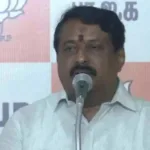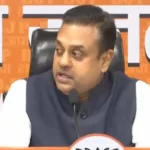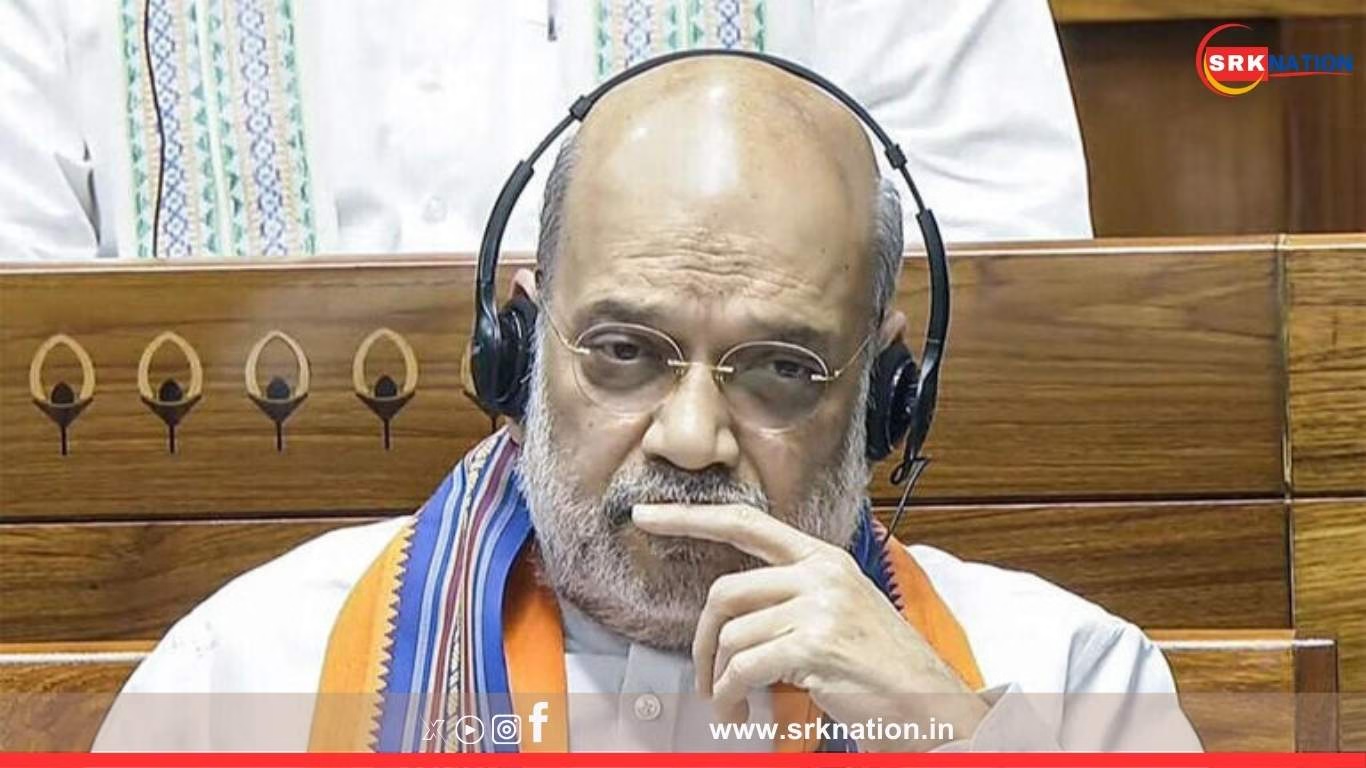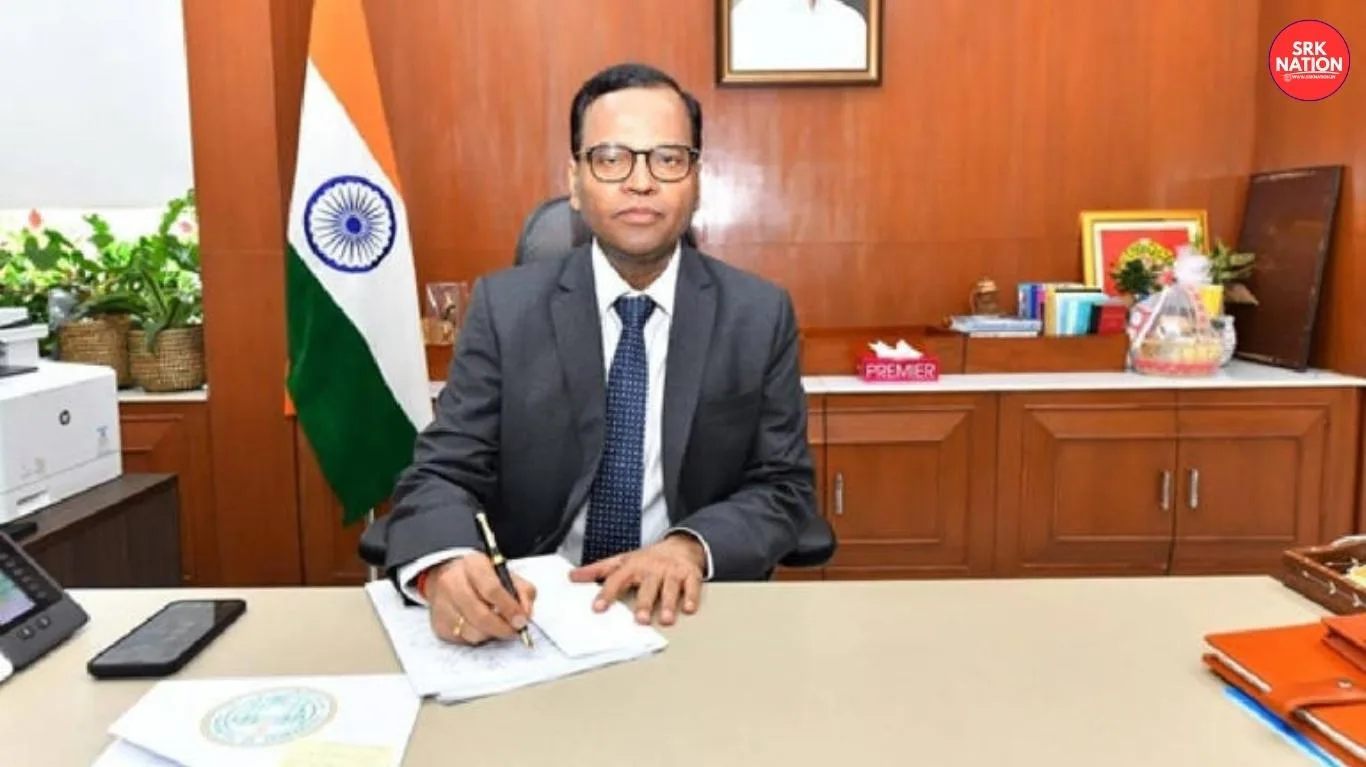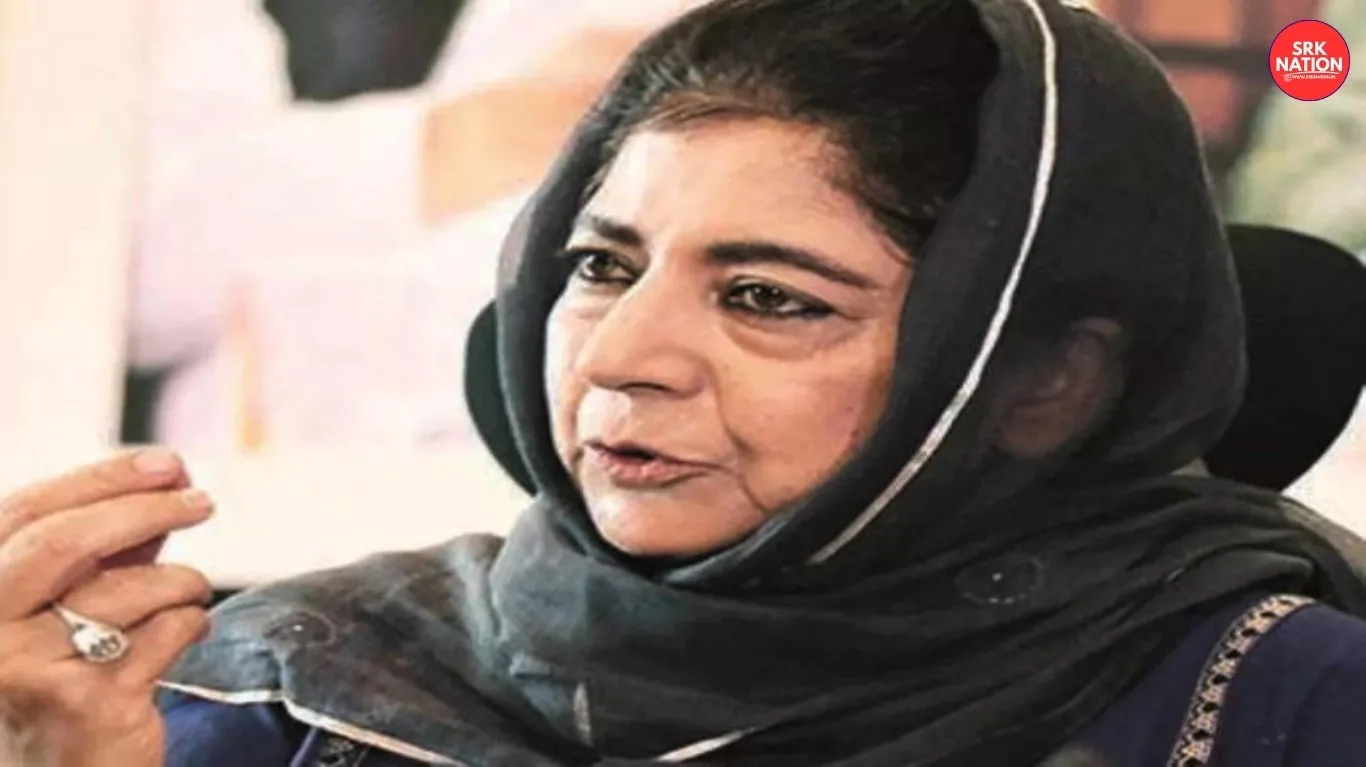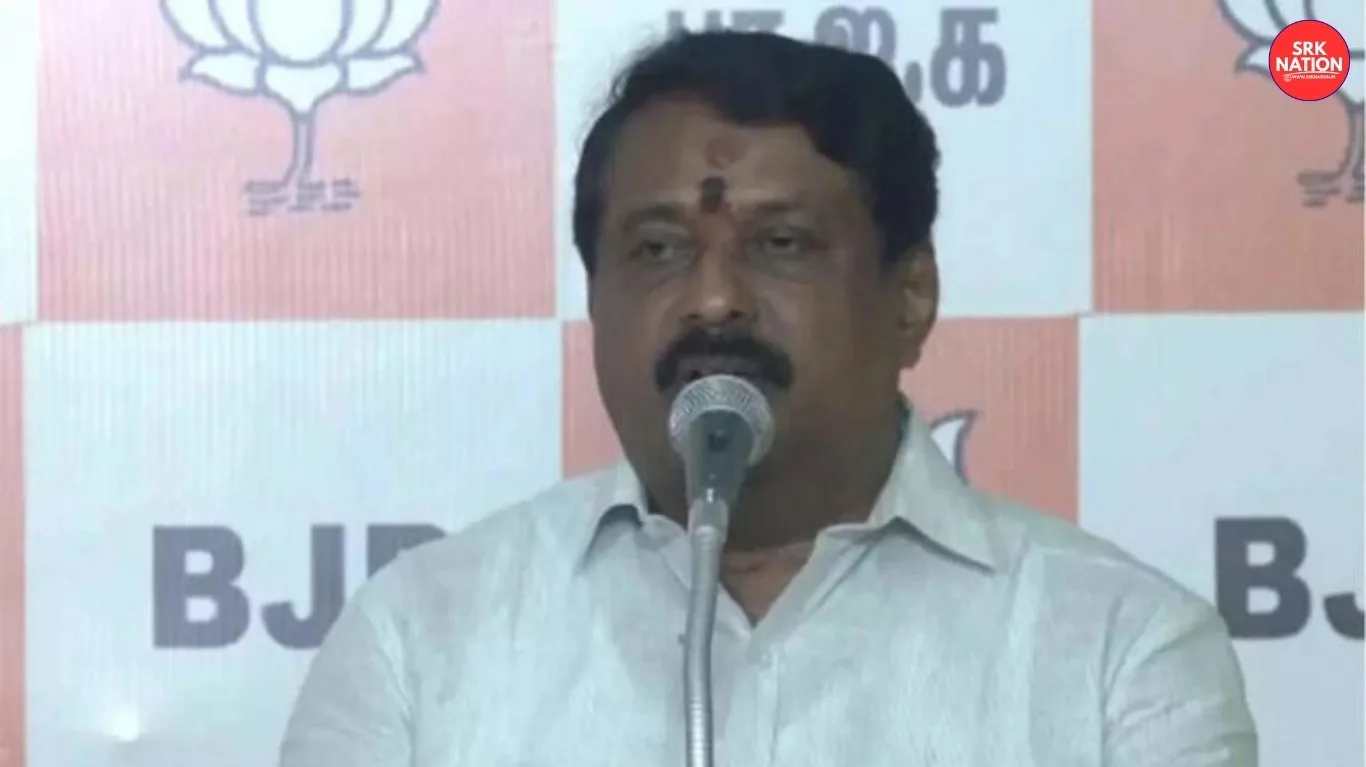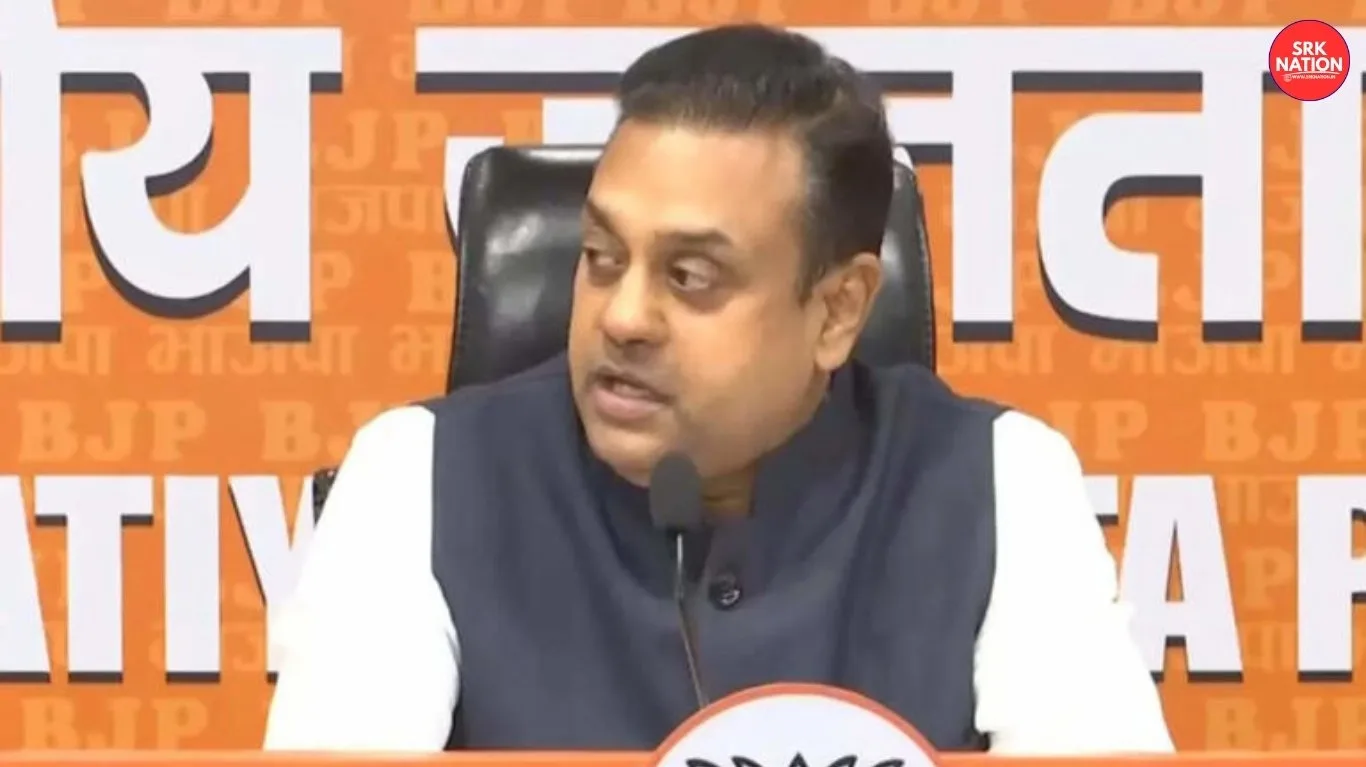Union Home Minister Amit Shah has once again stirred the national political discourse with his strong defence of the Prime Minister, Chief Ministers, and Minister Removal Bill. In a long post on X, Shah highlighted that this proposed legislation is not about weakening democracy, but about strengthening accountability and ensuring that the power of the people remains supreme in India’s democratic framework. His statement has triggered widespread debate across party lines, with ruling party leaders hailing it as a reformative step and opposition parties condemning it as a ploy to centralize power.
Amit Shah’s defence of the bill
Amit Shah’s post on X stressed that in a democracy, it is not political parties but the people who hold the ultimate authority. He explained that the bill, which aims to create a structured mechanism for the removal of top political executives, including the Prime Minister, Chief Ministers, and other ministers, should not be misinterpreted as an attack on elected leadership. According to him, this legislation would empower citizens to demand greater responsibility from their leaders rather than leaving the task entirely to legislative procedures.
Shah remarked, “Now people of the country need to decide how much accountability they expect from those holding the highest offices. This bill provides a legal framework to ensure that leaders never forget that their power flows from the people and not from positions.”
The bill and its implications
The Minister Removal Bill proposes that in certain circumstances, voters or a defined democratic mechanism should have the right to recall or remove elected executives before the completion of their term. While the concept of “right to recall” has been previously discussed in Indian politics, its inclusion at the level of Prime Minister and Chief Ministers is unprecedented.
Supporters argue that this would deter misuse of authority, corruption, and inefficiency. Critics, however, fear that such a law could destabilize governments and be misused to target leaders through political vendettas.
Political reactions across India
The announcement has split political opinion sharply. Leaders from the ruling alliance praised Amit Shah for bringing clarity to the issue. They claimed that the bill represents a new chapter in democratic accountability. Opposition parties, however, strongly opposed the move, calling it a “threat to federalism” and an “attempt to bypass the mandate of the people.”
Senior Congress leaders questioned whether such a bill would concentrate too much power in the hands of a few and weaken state autonomy. Regional parties like the TMC, DMK, and AAP warned that the proposal could end up being used as a political weapon to unseat elected leaders under pressure from the central government.
Possible effects on governance
Analysts believe that if passed, the bill could dramatically alter India’s political structure. Some argue that it may keep leaders more cautious and people-centric, as the fear of removal would keep them responsive to public needs. Others warn that the constant threat of removal could lead to policy paralysis, as leaders might avoid taking bold decisions fearing backlash.
Historical context of recall mechanisms
The idea of a recall mechanism is not entirely new. Globally, countries like the United States, Venezuela, and Switzerland have provisions that allow citizens to remove elected representatives through referendums or recall elections. In India, the concept has been experimented with at the municipal and local body levels in states like Madhya Pradesh, Chhattisgarh, and Bihar. However, extending such provisions to the highest political offices would be an unprecedented leap.
A comparative look at recall practices worldwide
| Country | Provision of Recall | Level of Implementation | Key Example |
|---|---|---|---|
| United States | Yes | State Governors, Local Officials | 2003 recall of California Governor Gray Davis |
| Venezuela | Yes | President, Legislators | 2004 recall referendum against President Hugo Chávez |
| Switzerland | Yes | Cantonal level | Regularly exercised in certain cantons |
| India (current) | Limited | Municipal/Local bodies | Implemented in states like MP, Bihar, Chhattisgarh |
Potential benefits of the bill
| Aspect | Positive Impact |
|---|---|
| Accountability | Keeps leaders answerable to citizens throughout their term |
| Anti-corruption measure | Discourages misuse of power |
| Public participation | Strengthens the role of people in democracy |
| Political transparency | Leaders forced to maintain credibility |
Possible challenges of the bill
| Aspect | Concern |
|---|---|
| Political instability | Frequent removals may disrupt governance |
| Misuse of provisions | Risk of political vendetta |
| Administrative burden | Organizing recall processes may be complex and costly |
| Policy paralysis | Leaders may avoid tough decisions fearing recall |
Amit Shah’s political messaging
By taking to X and defending the bill personally, Amit Shah has attempted to reframe the narrative. Rather than allowing the opposition to portray the legislation as an anti-democratic measure, Shah positioned it as a people-centric reform. His message directly appeals to the citizens, asking them to reflect on whether they want leaders who can remain in power unchallenged for five years or leaders who remain continuously answerable.
Shah also underlined that the bill is not about weakening the authority of Prime Ministers or Chief Ministers, but about reinforcing democratic principles. His statement, “In democracy, the last word rests with the people,” was meant to resonate with ordinary voters who often feel disconnected once elections are over.
The road ahead
The Minister Removal Bill is expected to be one of the most debated legislative proposals in recent times. While the government has not yet announced when it will be tabled in Parliament, the growing discussion around it suggests that it will dominate upcoming political debates. Legal experts believe that the bill will likely face constitutional scrutiny, as it challenges the established parliamentary system and raises questions about executive stability.
The opposition is gearing up to launch a nationwide campaign against the proposal, while the ruling party plans to highlight it as a bold reform aimed at empowering citizens. Civil society groups and think tanks are also expected to contribute significantly to the debate, weighing in on the constitutional, social, and political consequences of such a measure.
Conclusion
Amit Shah’s spirited defence of the Prime Minister, Chief Ministers, and Minister Removal Bill reflects the ruling party’s attempt to project itself as a champion of accountability and transparency. However, the sharp divide in political reactions shows that India is entering a phase of intense debate on the balance between stability and accountability in governance. Whether this bill becomes law or remains a political talking point will depend on parliamentary consensus, judicial interpretation, and public sentiment in the coming months.
Disclaimer: The above article is a detailed news analysis based on ongoing political developments and public statements. It does not intend to endorse or oppose any political party, leader, or legislative proposal. Readers are advised to follow official government releases and parliamentary updates for authentic legal details of the bill.



